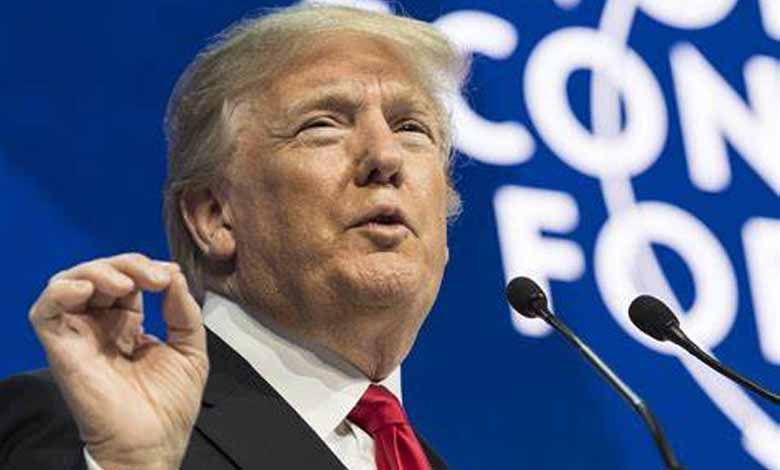Trump Organization Alters Ethics Policy, Allows Private Foreign Deals in Major Shift from First Term
The Trump Organization has announced a new voluntary ethics agreement that allows the company to strike private foreign deals, marking a significant shift from Donald Trump’s first-term policy.

New York: The Trump Organization has announced a new voluntary ethics agreement that allows the company to strike private foreign deals, marking a significant shift from Donald Trump’s first-term policy.
Table of Contents
Trump Organization Now Allowed to Engage in Private Foreign Deals
Unlike the six-page ethics pact signed eight years ago, which barred both foreign government and private company deals, the new agreement only prohibits direct deals with foreign governments. However, it permits transactions with private foreign businesses, raising concerns among ethics watchdogs.
The Trump Organization recently secured deals in Vietnam, Saudi Arabia, and the UAE, sparking fears that Trump’s personal financial interests could influence U.S. policy toward these nations. Additionally, the company is reportedly exploring new deals in Israel and other countries.
Ethics Experts Raise Corruption Concerns
Government ethics lawyer Kathleen Clark warned that the scale of potential corruption could be far greater than Trump’s first term. She noted that investors could easily curry favor with Trump by injecting massive funds into his crypto and real estate ventures.
Trump’s Expanding Business Interests & Financial Stake
Trump now has financial ties to two publicly traded companies:
- Trump Media and Technology Group – Parent company of Truth Social, a platform that could benefit from foreign investments.
- World Liberty Financial – A cryptocurrency venture, despite Trump’s previous skepticism of crypto during his first term.
Trump’s Cryptocurrency Stance Reverses
In 2019, Trump tweeted that “Unregulated Crypto Assets can facilitate unlawful behavior”. However, he recently vowed to make the U.S. the “crypto capital of the planet”, tapping crypto advocates Howard Lutnick and Scott Bessent for key positions in his administration.
Trump Organization Hires Ethics Advisor
To address conflict of interest concerns, the Trump Organization has hired William A. Burck, a managing partner at Quinn Emanuel LLP, to vet deals that could raise ethical red flags. The company had a similar vetting process during Trump’s first term.
The Emoluments Clause & Legal Challenges
Critics worry that Trump’s sprawling business empire could violate the U.S. Constitution’s “emoluments clause”, which prohibits the president from receiving gifts or payments from foreign entities. The Trump International Hotel in Washington, D.C., previously faced scrutiny for attracting foreign lobbyists and diplomats.
With Trump’s financial stake in billions, particularly in Trump Media, ethics experts warn that foreign governments and individuals could invest heavily in Trump-owned assets to gain influence.
Trump Organization’s Foreign Expansion Plans
The Trump brand continues to expand globally, with real estate and resort ventures in:
Vietnam – A $1.5 billion luxury golf resort & hotel deal with a developer linked to Vietnam’s ruling Communist Party.
India, Türkiye, UAE, Saudi Arabia – Multiple real estate developments.
Scotland & Ireland – Trump-owned golf courses.
Oman & Indonesia – Resort projects in various stages of development.
What This Means for Trump’s Second Term
Trump’s business dealings abroad, combined with his cryptocurrency pivot and global real estate expansion, have raised serious ethical concerns. The new ethics policy shift allows greater business flexibility, but critics argue it heightens corruption risks.
Key Takeaways:
Trump Organization now allowed to strike private foreign deals
New ethics agreement reverses first-term restrictions
Concerns over foreign investments influencing Trump’s policies
Trump’s business empire expanding into crypto & real estate
Ethics watchdogs warn of potential conflicts of interest
